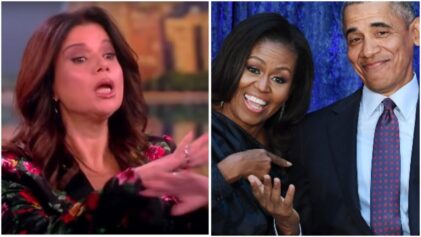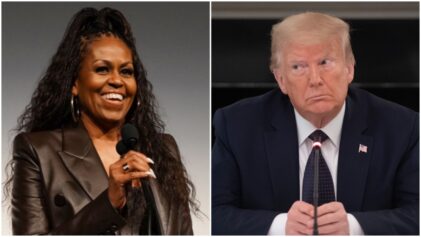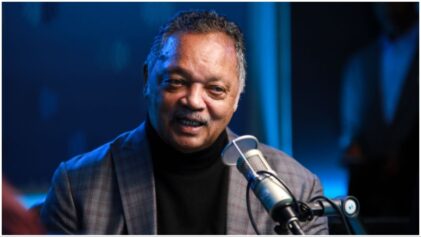In the aftermath of the George Zimmerman acquittal, activists try to coalesce the outrage into changes in laws or social policy, while commentators such as Bill O’Reilly, Bill Maher and Rev. Al Sharpton are battling over what it all means on one of America’s ugliest battlefields: Race.
After O’Reilly’s commentary earlier this week, during which he excoriated African-American leaders like President Obama and Sharpton for ignoring the “real problems” facing black people—including something he called “gangsta culture”— Sharpton fired back on his own MSNBC show. O’Reilly even accused Sharpton of hypocritically being “in business with people who put out entertainment harmful to children” because rapper Lil Wayne’s company, Cash Money Content, is distributing Sharpton’s upcoming political memoir, “The Rejected Stone: Al Sharpton and the Path to American Leadership.”
Sharpton called it “ridiculous” that O’Reilly is somehow the “expert on what the vast majority of African-Americans want.”
“In the time since George Zimmerman’s acquittal,” Sharpton said, “some right-wingers have gone into overdrive to push the most negative stereotypes of the African-American community for their own gain.” He called O’Reilly, Rush Limbaugh and Sean Hannity the “unholy triumvirate of right-wing reaction” that has “been desperate not to have a real conversation about the injustices of the justice system.”
Sharpton mocked O’Reilly and others for their sudden concern about gang violence in Chicago— something he said “many of us in African-American community” have been talking about for months.
“Better late than never, I guess.” he said sarcastically.
“Is Bill O’Reilly saying George Zimmerman shot Trayvon Martin because Trayvon was born out of wedlock, even though he wasn’t? That’s ridiculous, right?” Sharpton said. “All of this is an effort to avoid addressing the urgent topic that something is fundamentally flawed with our justice system if laws like Stand Your Ground allow a kid to be gunned down. But Rush, Hannity, O’Reilly don’t want to talk about that.”
“We need a real conversation about justice in this country, not the same old right-wing divide and conquer garbage,” Sharpton said. “Bill O’Reilly, the Willie Horton stuff has got to go.”
On Bill Maher’s HBO show, Maher pointed out that O’Reilly bashed the president for not talking about crime in the black community—just after the president talked about the high crime rate in the black community in his now-famous race speech last Friday.
Maher said people like O’Reilly don’t listen to Obama because they think they already know what he’s thinking: “Kill whitey!”
In an interview with The Grio, preacher T.D. Jakes said he was troubled that Zimmerman invoked God during his tribulations.
“I understand that if he deems himself to be innocent by virtue of self-defense, that he feels that God was on his side if that is his truth,” he said. “I’m a little bit troubled by a guy who is older and larger attacking an innocent person and perhaps not being able to handle the person you attacked and then killing them, and invoking God over it.”
Jakes added that while he understands Zimmerman’s relief at being vindicated by the court, “there should have been some sense of remorse regardless of the circumstances because you’ve taken a human life, a life that had every right to live, a right that would have lived, had you minded your business … and to not recognize the atrocity of it all, I’m shocked by that.”
But after all the finger pointing and yelling back and forth, some observers are wondering whether real change will come out of the outrage.
Cornell Belcher, a Democratic strategist and pollster, told NPR that the Justice for Trayvon movement could follow the lead of the Tea Party.
“You know what the Tea Party would do?” he asks. “They would organize and put pressure on these state legislators who were not where they wanted them to be. And if they won’t change this law, then we’ve got to raise money and we’ve got to primary them.”
Former NAACP president Kweisi Mfume told NPR that if concrete steps are not taken, Martin’s death will be but a footnote in a long series of tragedies.
“Was it Emmitt Till in ’55, and something else in ’79 and Rodney King in ’93 and Trayvon Martin now?” he says. “We can’t keep revisiting this. We cannot do it and we ought not.”


